
Women feel threatened by ‘the lady in red’
In a new study, psychology graduate student Adam Pazda found that women believe that other women who wear red are more sexually promiscuous and were less likely to introduce their husband or boyfriend to a woman wearing red.
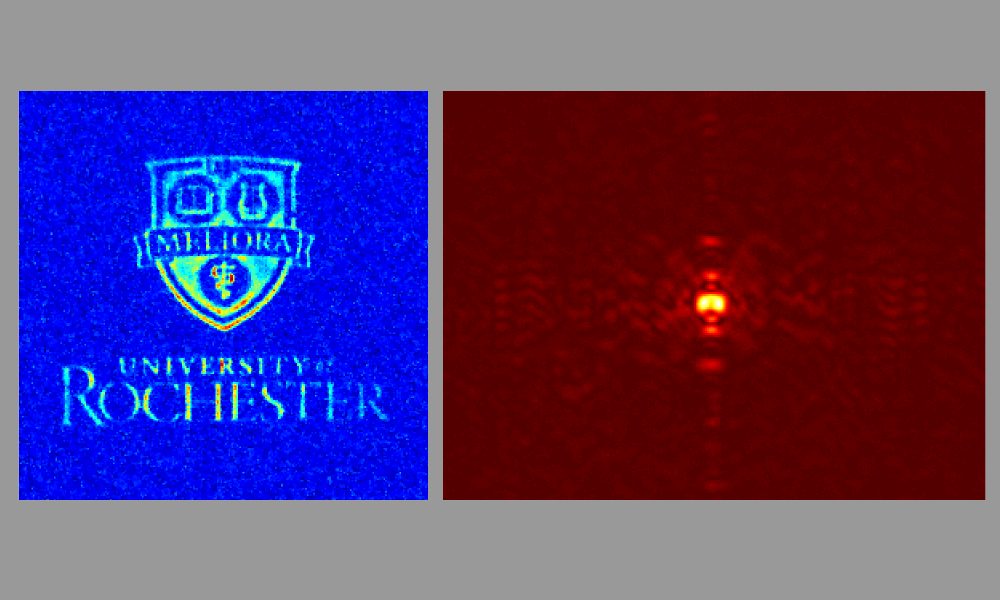
“Compressive sensing” provides new approach to measuring a quantum system
Physicists have shown that a technique called compressive sensing offers a way to measure both variables at the same time, without violating the Uncertainty Principle.

Monkeys also believe in winning streaks, study shows
Humans have a well-documented tendency to see winning and losing streaks in situations that, in fact, are random. Now in the first study in non-human primates of this systematic error in decision making, researchers find that monkeys also share our unfounded belief in lucky streaks.

When it comes to learning numbers, culture counts
The findings of a new study suggest that number learning is a fundamental process that follows a universal pathway. However, the timing of the process depends on a child’s environment.

‘Vital signs’ of teaching captured by quick, reliable in-class evaluation
A 20-minute classroom assessment that is less subjective than traditional in-class evaluations by principals can reliably measure classroom instruction and predict student standardized test scores.
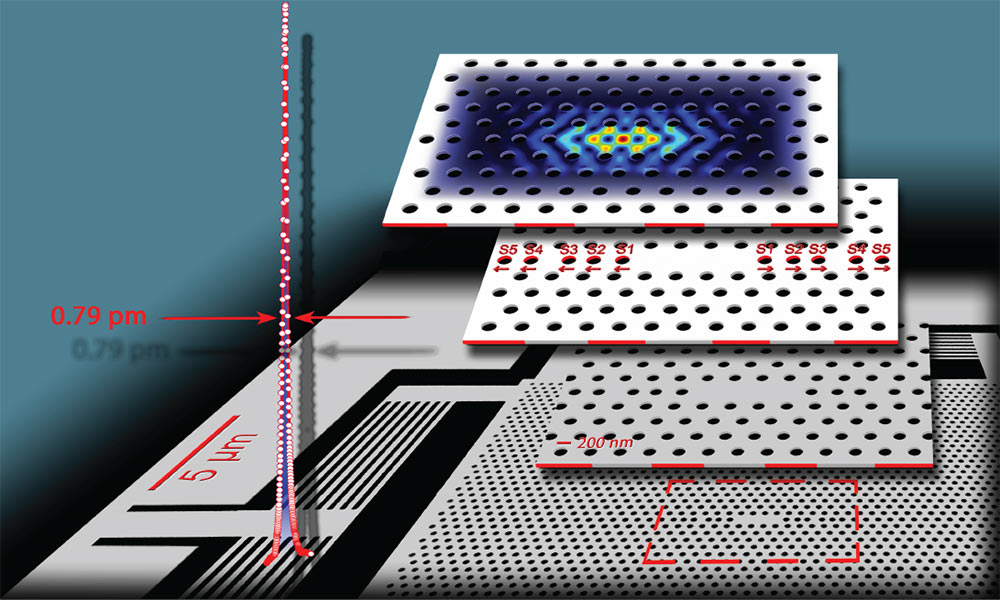
Trapping light: a long lifetime in a very small place
Physicists have created a silicon nanocavity that allows light to be trapped 10 times longer than in other similarly-sized optical cavities. Nanocavities are key components of nanophotonics circuits.
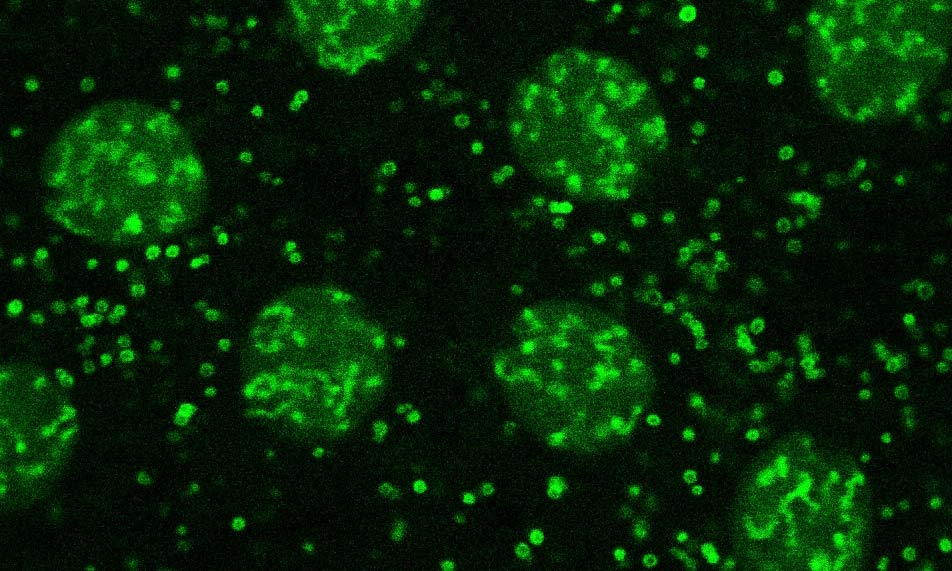
Protein anchors help keep embryonic development “just right”
Findings on the cellular-level regulation of proteins called histones by lipid droplets, or “fat depots,” shines light on chromosome production – and possible manipulation of that process.
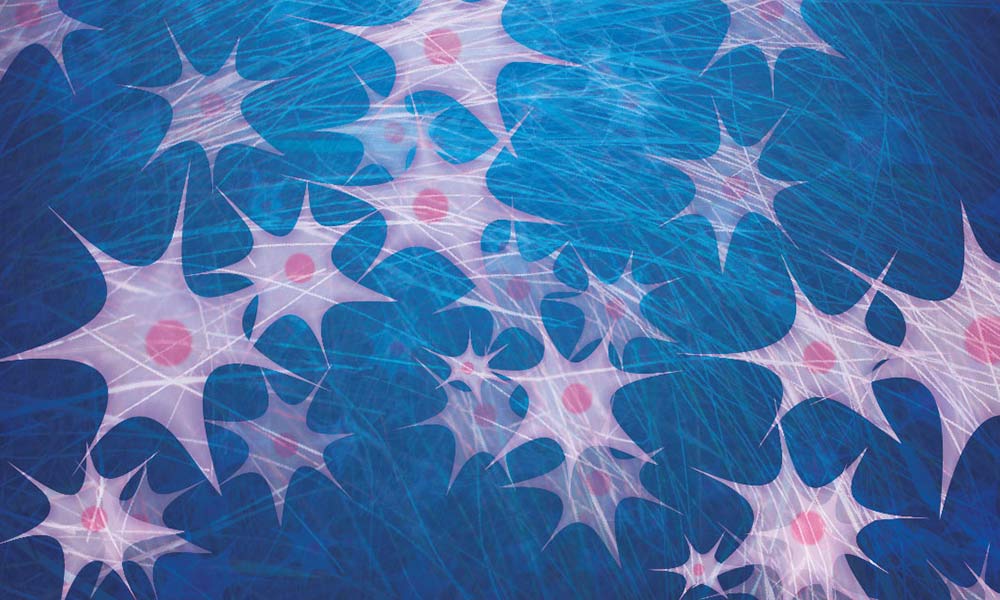
Better tissue healing with disappearing hydrogels
When stem cells are used to regenerate bone tissue, many wind up migrating away from the repair site, which disrupts the healing process. A new technique keeps the stem cells in place, resulting in faster and better tissue regeneration.

Experiment on earth demonstrates effect observed in space
Streaming jets of high-speed matter produce some of the most stunning objects seen in space. an experiment by French and American researchers using extremely high-powered lasers offers experimental verification of one proposed mechanism for creating them.
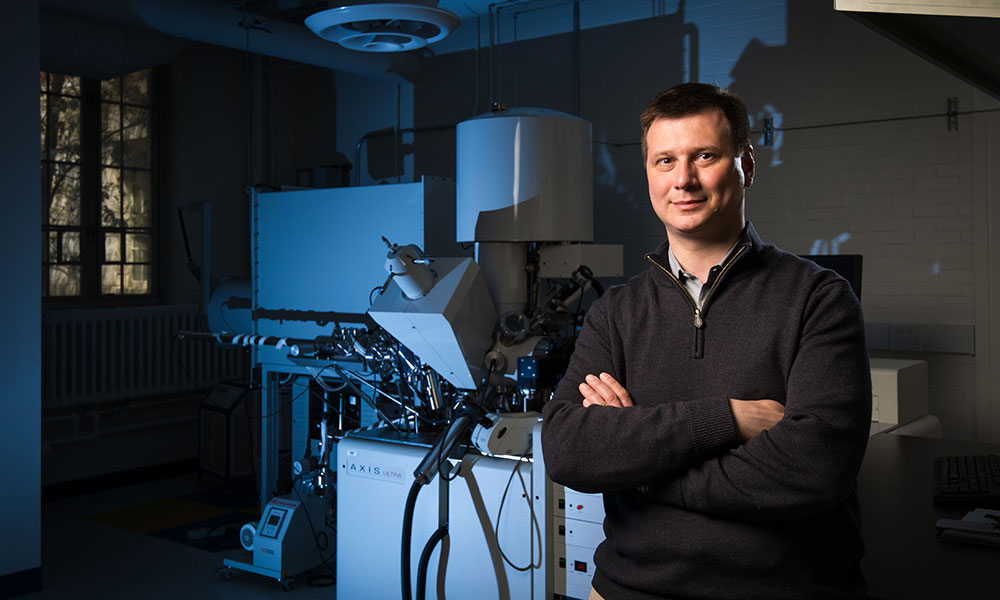
Progress made in developing nanoscale electronics
How can you reliably control the current that flows from one electrode to another in a circuit that is the width of a single molecule? The key, according to assistant professor of chemical engineering Alexander Shestopalov, is adding a second, inert layer of molecules.
